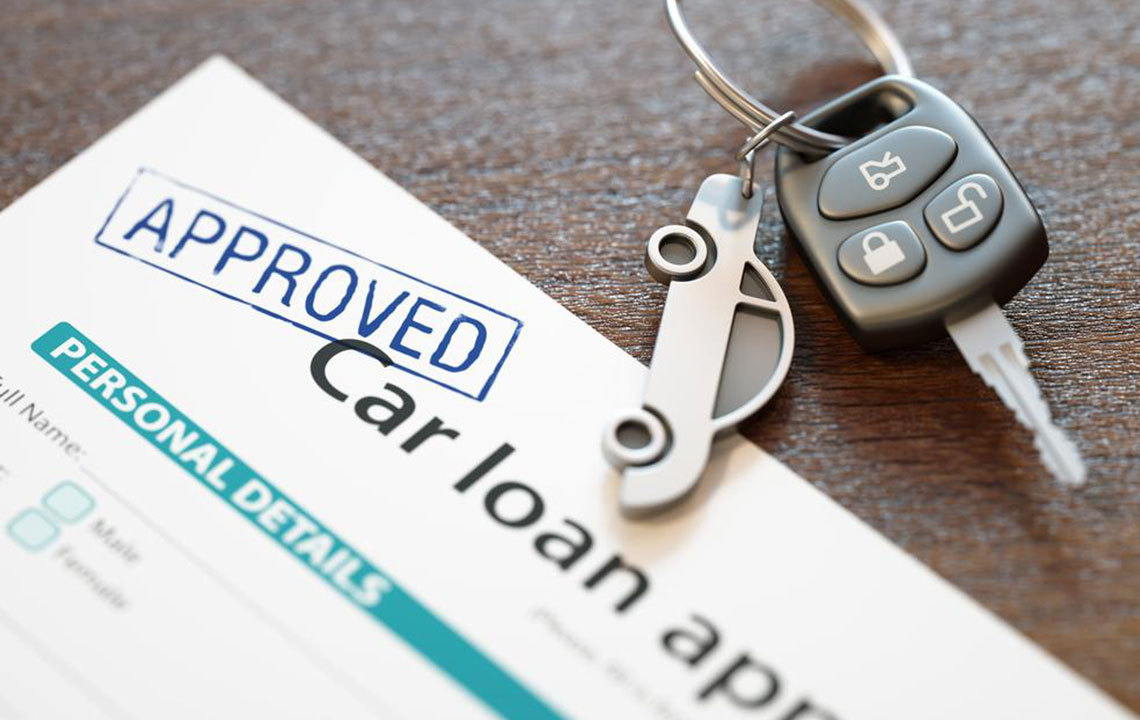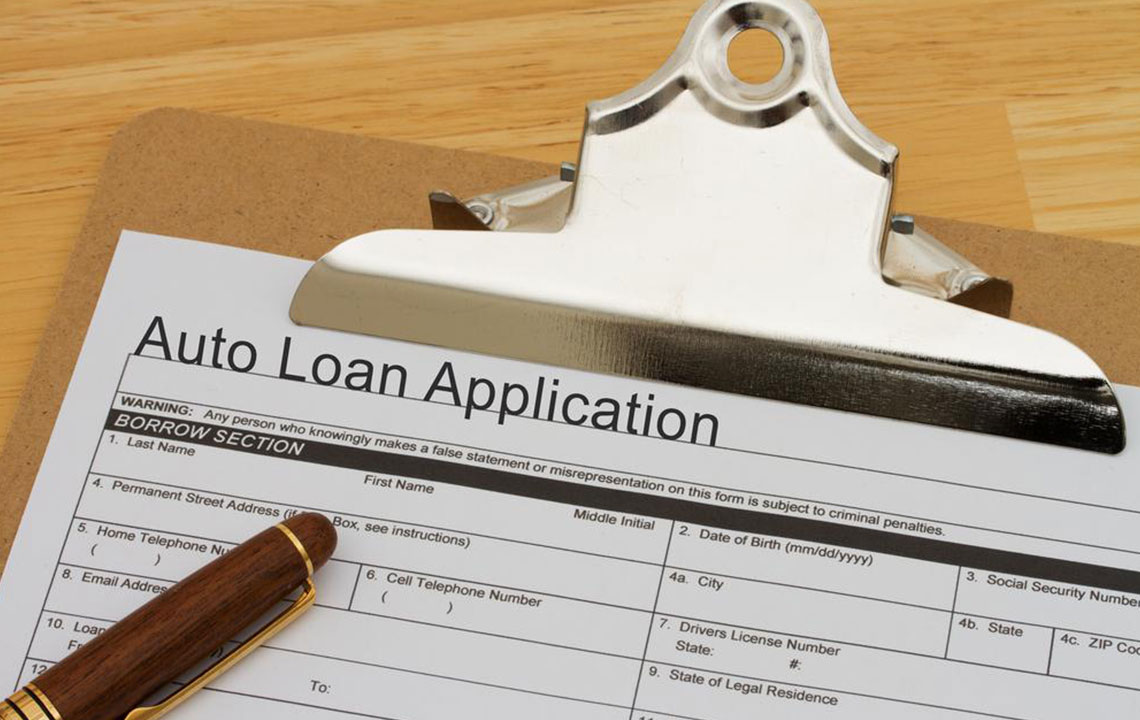Comprehensive Guide to Securing Pre-Approved Auto Loans for Smarter Car Buying
This detailed guide provides strategic insights into securing pre-approved auto loans, enhancing your bargaining power, and saving money. Learn how to improve your credit score, compare lender offers, and navigate the car buying and financing process confidently.

Comprehensive Guide to Securing Pre-Approved Auto Loans for Smarter Car Buying
Embarking on the journey to purchase a vehicle is an exciting milestone, but securing the right financing is crucial to ensure a smooth and financially sound experience. One of the most effective strategies that savvy buyers use is obtaining a pre-approved auto loan before stepping onto the dealership lot. Understanding how to navigate pre-approval processes, the benefits, and the best practices can significantly empower you during negotiations, save you money, and streamline the entire car-buying process.
Pre-approved auto loans are financial arrangements made by lending institutions that recognize you as a serious candidate for auto financing based on preliminary credit evaluations. However, it is essential to note that pre-approval does not equate to an automatic loan approval; it merely indicates that the lender is tentatively willing to lend you a certain amount under specific terms, pending final approval and vehicle details. Both traditional banks and credit unions offer pre-approval options, and many car dealerships also provide on-site financing or partnerships with lenders to facilitate quick approval after you've selected your vehicle.
Why Consider Pre-Approval?
Pre-approval serves as a strategic advantage in your car buying process. It enables you to establish a clear budget, prevents you from falling in love with a vehicle beyond your financial means, and enhances your confidence when negotiating prices. With a pre-approval letter, you are seen as a serious buyer, which often translates into better deals and more straightforward negotiations with sellers. Additionally, pre-approval can speed up the purchasing process—you may complete paperwork and receive your funds more quickly once you finalize your vehicle selection.
How to Obtain Pre-Approval
To secure pre-approval, start by researching various lenders to find those offering competitive interest rates and favorable loan terms. Many financial institutions allow you to apply online, making the process quick and convenient. You will typically need to provide basic personal information such as your Social Security number, employment details, income verification, and sometimes, information about your current debts and assets. The lender will then perform a hard credit check, which can slightly impact your credit score but is necessary to determine your eligibility.
When applying, consider setting automatic payments or opting for specific loan structures, which can sometimes earn you interest rate discounts. Compare offers from multiple lenders, including online lenders, banks, credit unions, and credit card companies, to find the most competitive rates. Having multiple offers in hand provides leverage during negotiations and ensures you get the best deal possible.
Importance of Credit Scores
Your credit score is a critical factor in determining your eligibility for pre-approval and the interest rates you'll receive. Generally, higher credit scores—above 700—qualify for lower interest rates, which can save you thousands over the term of your loan. If your score is lower, consider improving it before applying for financing by paying down existing debts, avoiding new credit inquiries, and correcting any inaccuracies in your credit report. For those with subprime credit, some lenders specialize in loans for less-than-perfect credit, although these often come with higher interest rates.
Choosing the Right Loan Terms
Short-term loans, typically 36 to 60 months, are preferable because they accrue less total interest compared to longer-term loans. While longer loans might seem attractive due to lower monthly payments, they can cost you more in the long run. For new cars with lower depreciation rates and better interest offers, opt for the shortest feasible term. For used vehicles, a similar approach applies, but be prepared for slightly higher rates. Additionally, consider the impact of the interest rate, total loan costs, and any fees included in the loan agreement.
What to Watch Out For
During the pre-approval process, be cautious of unnecessary add-ons that dealerships might suggest, such as extended warranties, security systems, or other accessories. These extras often inflate the overall cost without providing proportional value. Focus instead on negotiating the vehicle price and loan terms. If you are offered optional extras, evaluate their necessity carefully and negotiate their prices or decline them entirely if they don't align with your needs or budget.
Maximizing Discounts and Incentives
Many lenders and manufacturers offer special discounts, promotional interest rates, or cashback incentives for pre-approved buyers. Setting up automatic payments, paying bills online, or being an existing banking customer can sometimes qualify you for additional discounts. Some banks or manufacturers also run 0% interest financing promotions, especially for qualifying buyers, making it possible to secure very favorable financing terms through dealerships or direct from lenders.
Using Pre-Approval as a Negotiation Tool
Having pre-approval provides a significant advantage when negotiating the final vehicle price. It gives you a clear understanding of your borrowing limits and interest rates, enabling you to make informed decisions and avoid overpaying. When visiting dealerships, bring along your pre-approval letter, and be prepared to negotiate the purchase price, trade-in value, and financing terms separately. Research the vehicle’s market value beforehand to ensure you're not overpaying and consider trading in an older vehicle to offset the cost of your new purchase.
Alternative Lending Options
If you have a lower credit score or are new to credit, peer-to-peer lending platforms can be a viable alternative. These online platforms connect borrowers directly with individual investors and may offer more flexible approval criteria. Many peer-to-peer lenders are less impactful on your credit profile if you choose to pursue smaller loans. Establishing or improving your credit profile by opening bank accounts, saving toward a down payment, or securing a cosigner can further improve your eligibility for better loans in the future.
Reputable Lenders to Consider
Some of the top lenders known for offering competitive auto financing options include Lightstream, which maintains strict approval standards but offers attractive rates; Bank of America, which provides various auto loan solutions including private sale financing; and Auto Credit Express, recognized for working with individuals with poor credit. Capital One also offers flexible options tailored for borrowers with less-than-perfect credit scores. Always compare offers from these and other lenders, paying attention to interest rates, loan terms, fees, and customer reviews.
Final Tips for Securing the Best Deal
Before making your final decision, solicit multiple quotes, scrutinize the terms and conditions carefully, and consider working with a financial advisor if needed. Leveraging your pre-approval status, understanding your credit profile, and being prepared with all necessary documentation will empower you during negotiations. Remember that a well-informed buyer is the most likely to secure favorable terms, save money, and enjoy a smoother car buying experience.
By taking these comprehensive steps toward pre-approval and understanding your financing options thoroughly, you set yourself up for a successful vehicle purchase — one that fits your budget, meets your needs, and preserves your financial health in the long run.





